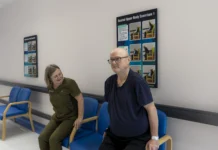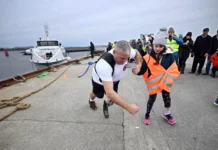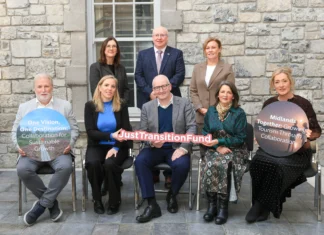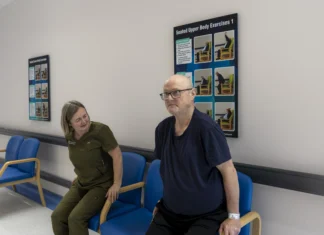There must be a full investigation to identify why breast cancer survival rates in the West are the lowest in the country, a Galway TD has said.
Galway East TD Seán Canney called for a full investigation to identify the reason that in the West, breast cancer survival rates are at 80% while in the South they were at 86.6%.
The recent National Healthcare Quality Reporting System report revealed in Dublin and mid Leinster the survival rates are at 86.3%, and 85.9% in the north east.
The report revealed that various factors influenced survival, including the stage of cancer and treatment.
Last year information published under the Freedom of Information Act disclosed that University Hospital Galway and Portiuncula Hospital, Ballinasloe, were among the five worst performing hospitals in the country in terms of patients beginning a course of cancer treatment within 15 days of a receiving a finalised treatment plan.
The main cause of this was found to be the lack of capacity in day wards which led to delays.
Minister Canney stressed the need to identify why the West had poorer outcomes for patients as he labelled the current situation as unacceptable.
He described the West region of being ‘one of the worst performing areas in terms of people receiving treatment within 15 days of getting their treatment plan’.
This reality is a matter of ‘great frustration’ for health care workers due to the fact that once patients receive access to treatment, the standard of care is ‘excellent’.
The Galway East TD noted that there is ‘infrastructural and capacity issues that need to be tackled’.
“This issue needs to be dealt with as a matter of extreme urgency by the Health Service Executive,” he said.
Minister Canney concluded that if there is a need for further investment in relation to day ward capacity and specialised cancer staff, then that must be ascertained as a matter of urgency.
He claimed that this was needed so the necessary investments can be made in cancer services in the West to ensure equity of treatment and equity of outcomes for patients.














